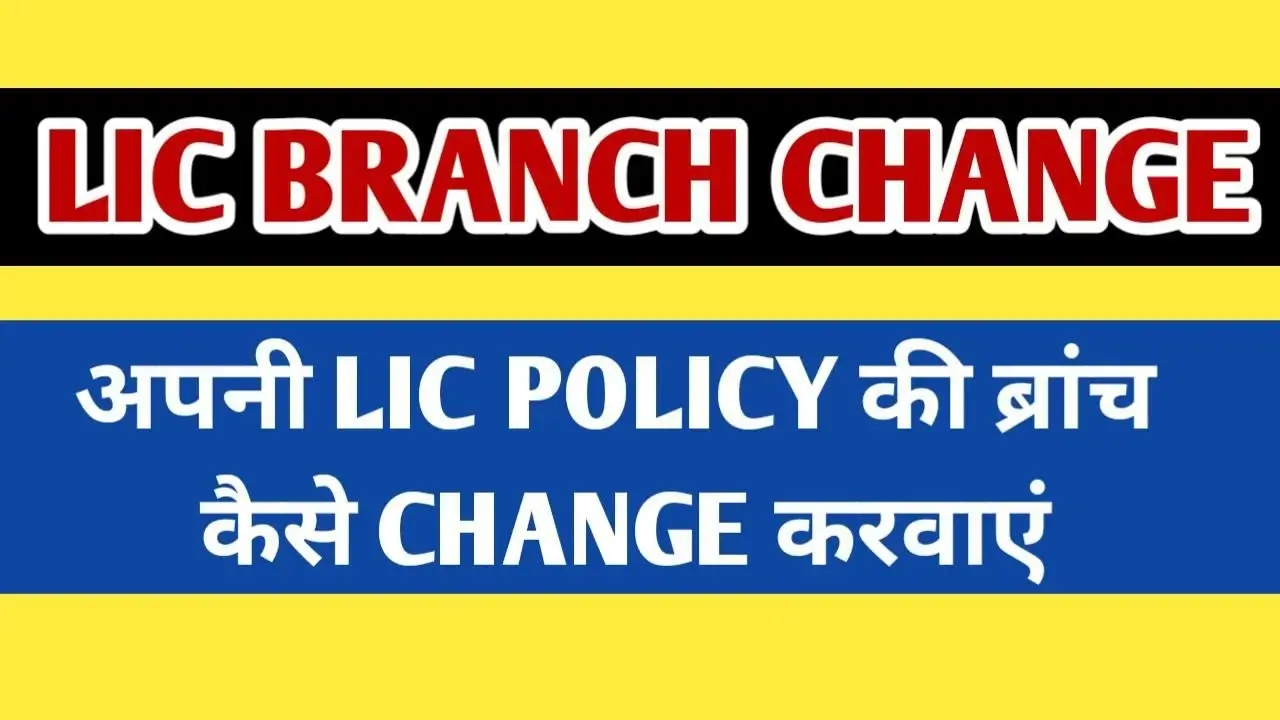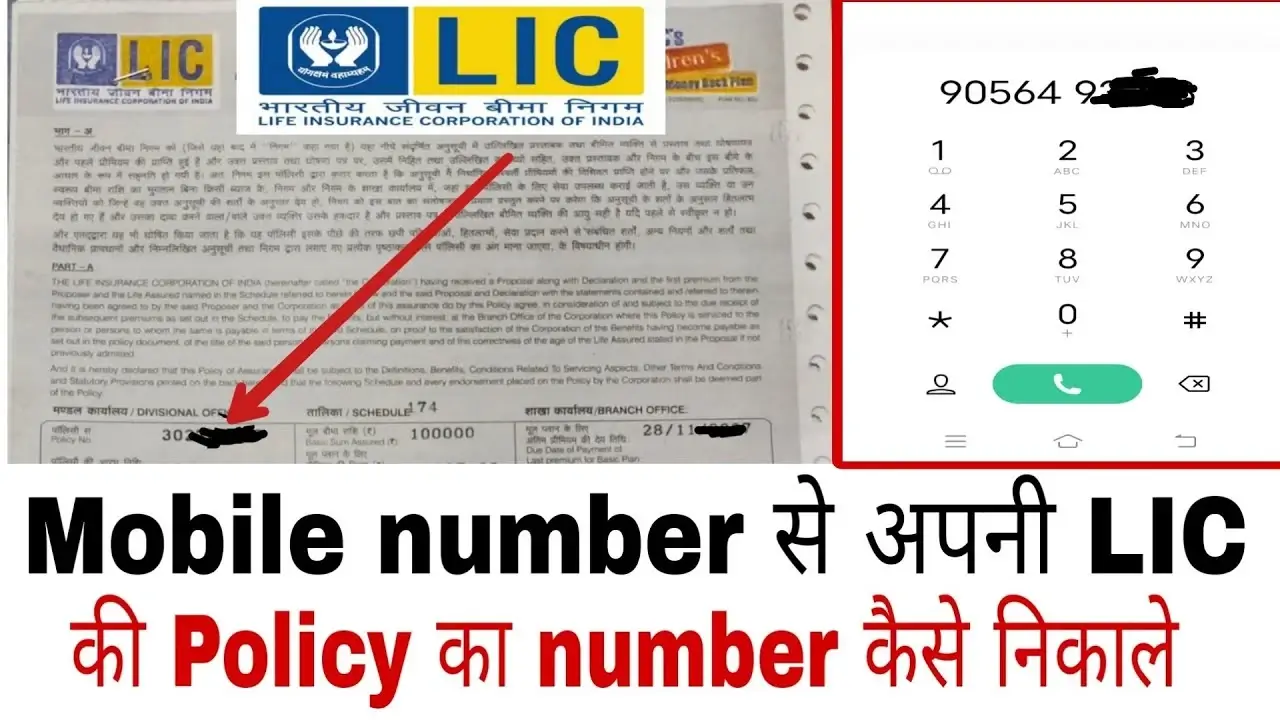In this article, we will explore the suicide exclusion clause in life insurance policies, how it works, and what you need to know about it.
What is Suicide Exclusion in Life Insurance?
Suicide exclusion is a common clause found in most life insurance policies. It typically states that if the policyholder dies by suicide within a certain period after the policy is issued, the beneficiaries will not receive a death benefit payout. The length of the exclusion period varies depending on the policy and can range from one to three years.
The suicide exclusion clause is designed to protect the insurance company from individuals who may purchase a policy with the intent of committing suicide shortly after. This could result in a significant loss for the company, as the premiums paid by the policyholder may not be sufficient to cover the death benefit payout.
How Does Suicide Exclusion Work?
If the policyholder dies by suicide during the exclusion period, the beneficiaries will not receive a death benefit payout. Instead, the insurance company may refund the premiums paid by the policyholder or a portion of them.
After the exclusion period has passed, the suicide exclusion clause no longer applies, and the policyholder’s beneficiaries will be eligible to receive a death benefit payout if the policyholder dies by suicide.
It is important to note that if the policyholder misrepresents their intent to commit suicide on the insurance application, the insurance company may contest the policy and refuse to pay the death benefit, regardless of whether the suicide exclusion clause applies.
What You Need to Know About Suicide Exclusion in Life Insurance
If you are considering purchasing a life insurance policy, it is important to understand the suicide exclusion clause and its implications. Here are some key things to keep in mind:
-
Suicide exclusion is a common clause found in most life insurance policies.
-
The exclusion period typically ranges from one to three years, depending on the policy.
-
If the policyholder dies by suicide during the exclusion period, the beneficiaries will not receive a death benefit payout.
-
After the exclusion period has passed, the suicide exclusion clause no longer applies, and the beneficiaries will be eligible to receive a death benefit payout if the policyholder dies by suicide.
-
If the policyholder misrepresents their intent to commit suicide on the insurance application, the insurance company may contest the policy and refuse to pay the death benefit, regardless of whether the suicide exclusion clause applies.
Conclusion
Suicide exclusion in life insurance is a common clause that protects insurance companies from individuals who may purchase a policy with the intent of committing suicide shortly after. It is important to understand the suicide exclusion clause and its implications when purchasing a life insurance policy.




